Corn Silo Introduction
In the heart of the agriculture industry, corn silos stand as iconic structures that play a pivotal role in bulk storage and preservation of grain. However, these versatile silos are not limited to corn alone – they accommodate a wide range of grains and materials. Their capacity to efficiently store and dry various crops makes them a cornerstone investment for agricultural businesses, contributing to improved grain quality and streamlined processes.
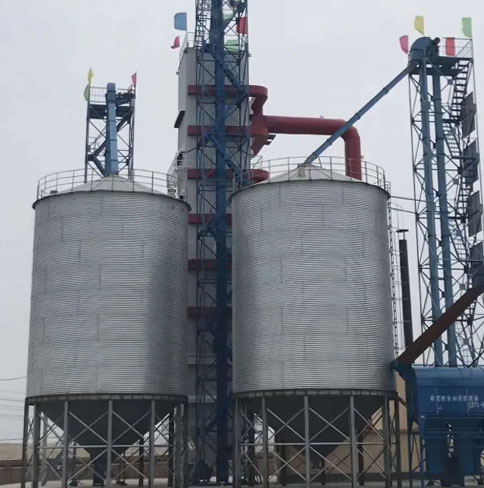
Corn Silo Types and Functionalities
1, Funnel Small Corn Silos: Tailored for smaller farms with limited crop rotation, these silos boast capacities ranging from 27 to 157 tons. Equipped with a 45° angled funnel, they facilitate rapid and convenient emptying. A specialized aeration system ensures the stored materials remain fresh over extended periods.
2, Large Cereal Corn Funnel Silos: Designed for industrial settings and larger grain rotations, these silos accommodate capacities between 94 to 1055 tons. They feature medium-sized bases and provide a long-term storage solution for cereal grains.
3, Flat-Bottomed Small Corn Silos: Versatile in use, these silos store cereal grains, leguminous plants, and corn. With a base that is 90% perforated, they enable extended storage without compromising quality. Capacities for this type range from 30 to 300 tons.
4, Large Flat-Bottomed Corn Silos: Catering to substantial storage needs, these silos offer capacities from 380 to 10,000 tons. Their interior aeration, though proportionally smaller, facilitates long-term food storage.
Corn Silo Operational Mechanism
Corn silos may seem complex in operation, but understanding their functions demystifies the process. Vertical elevators transport grains to the top of the silo, where they are deposited. While alternatives like bucket elevators or blower systems exist, vertical elevators are often preferred for efficiency. Proper ventilation and temperature control are crucial for maintaining the quality of stored goods. Special ventilation ducts allow even air distribution, aided by high-speed centrifuges and smaller axial fans for effective long-term ventilation.
Advantages of Corn Silos
1, Double-Side Galvanized Steel: The use of double-side galvanized steel enhances the durability and corrosion resistance of these silos, ensuring a prolonged lifespan.
2, Air-Tightness: The design ensures air-tight storage, preventing any leakage of stored materials and safeguarding their quality.
3, Advanced Control: Corn silos can incorporate temperature, sensor, and level indicator systems for real-time monitoring through DCS control, enabling meticulous management.
4, Efficiency in Construction: Corn silos boast a short construction cycle, often requiring only 5-6 days for a 1000-ton silo due to advanced on-site automatic construction techniques.
5, Longevity: With the application of varying plate thicknesses, these silos exhibit a service life of 25-30 years, offering enduring value.
AGC: China Corn Silos Manufacturer
Corn silos have revolutionized the way we store and preserve agricultural products, and their versatility has made them a crucial investment for farmers worldwide. With their advanced features, diverse types, and numerous benefits, corn silos have become an essential component of modern agricultural operations. If you’re looking for high-quality corn silos in China, AGC is your ideal choice. Our company has played a significant role in the development of China’s national standards for steel silos. We have an extensive global portfolio that includes successful projects in countries such as Malaysia, Vietnam, Kenya, South Africa, and Eritrea. Choose AGC for your corn silo needs and experience the benefits of our cutting-edge technology and unparalleled expertise.
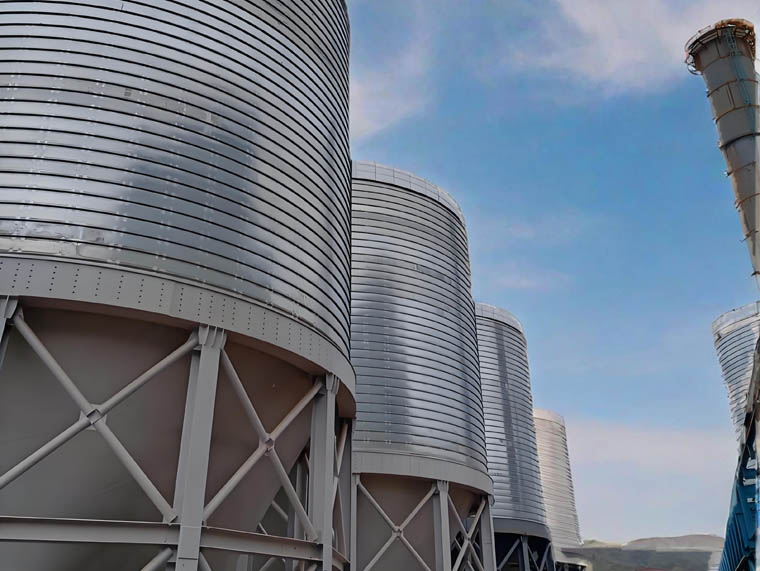
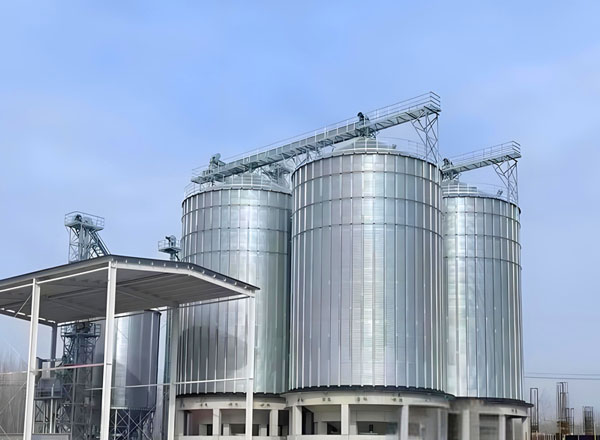
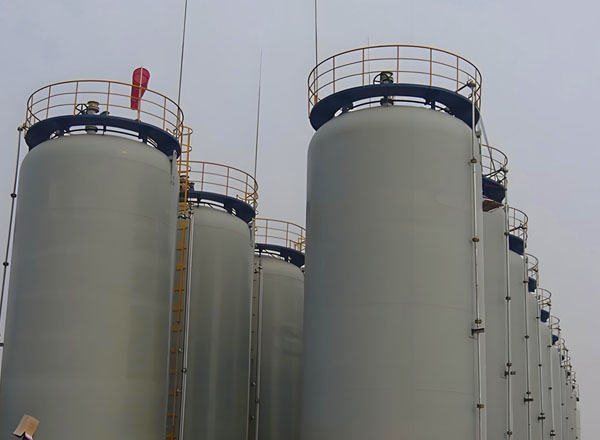
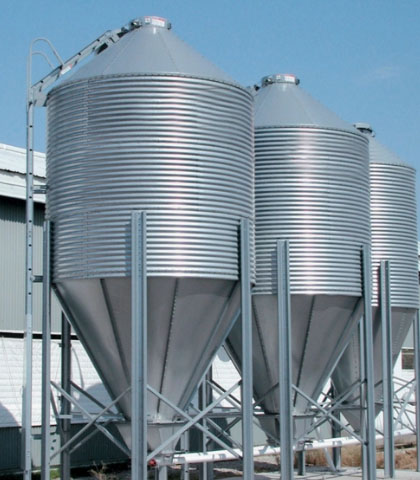
Leave a Reply